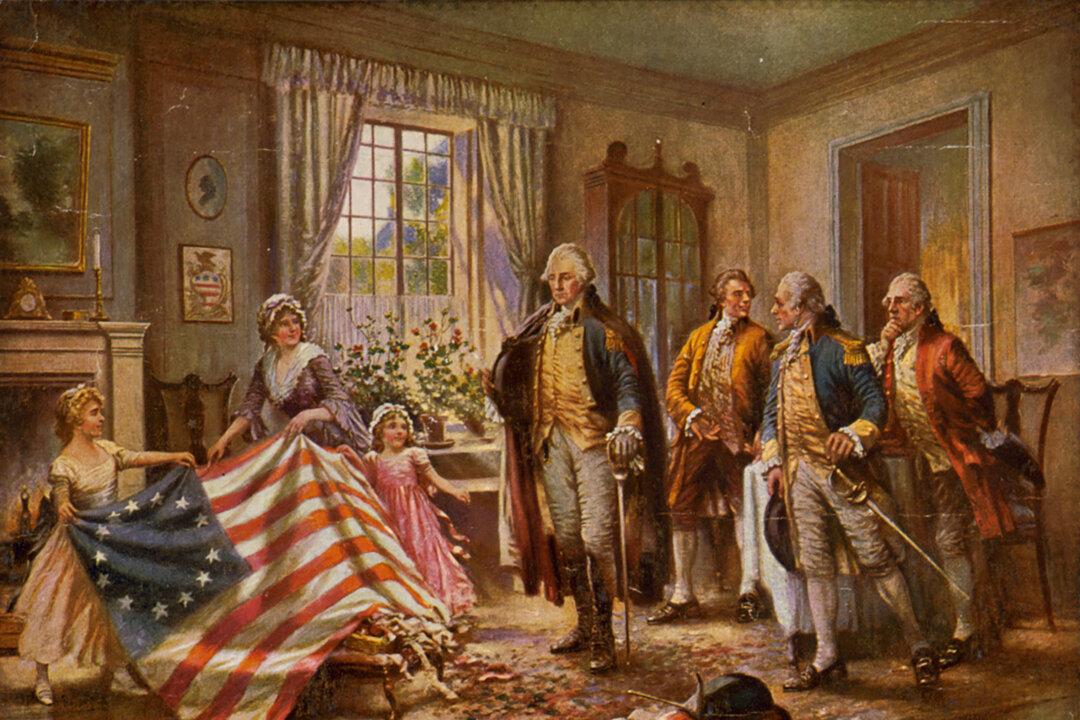On June 21, 1974, a federal judge sentenced Charles “Chuck” Colson (1931–2012) to one to three years in prison for the Watergate-related crime of obstruction of justice regarding the case of Daniel Ellsberg. The attorney who was considered Richard Nixon’s “hatchet man,” Colson pled guilty—astonishing many Americans. Those in the media who despised Nixon were especially happy with his conviction.

The Rise and Fall of the Hatchet Man
All evidence, including his own accounts, depict Colson as a go-getter from childhood, a ladder-climber driven by ambition. He poured himself into his studies, graduated in 1953 with honors from Brown University, served two years in the Marine Corps, where he rose to the rank of captain, and took his law degree at George Washington University. Eventually, he founded a successful law firm based in Boston and Washington.Yet with the Watergate scandal unfolding after the president’s reelection in 1972, Nixon and others on his staff decided that Colson had become too much of a liability to continue working at the White House. He was unhappy about being forced out of the administration, but returned to private practice. As more revelations of scandal emerged, however, he was sucked back into the whirlpool that was taking down the Nixon presidency. It would eventually land him in Alabama’s Maxwell Prison.

The Road to Damascus, American-Style
It was during this limbo between his work in Washington and his conviction and imprisonment that Colson experience the sea change of belief and character that would mark him for the rest of his life.During that meeting, Phillips again talked of his newfound faith, shared some passages about the sin of pride from C.S. Lewis’s “Mere Christianity,” read several passages from Scripture to Colson, and then gave him his copy of Lewis’s book. When Colson left, he began weeping so hard that he had to pull his car to the side of the road. It was there along a dark country road that he prayed, and his new life began.
“Born Again,” Colson’s first book and best-seller, described his conversion experience. He explained his mental and spiritual struggles as he wended his way into this newfound vision of faith. After leaving prison, he eventually established the prison ministry for which he became famous. To others, he humbly said: “I thank God for Watergate.” He would say the same thing of his prison experience.

Character and Change
Chuck Colson’s declaration of faith on the courthouse steps was an act of character. He never retreated from it. Yet his life, broken in half between his wrongdoing and redemption, also serves as an example. Our character, the way we think and feel, and what drives us to act, isn’t set in stone; it can change.Millions of lives have been changed. Including my own. When my dad gave his life to Christ, I got my dad back. For the first time.
This ability to strike out in a new direction, with a completely new set of values, is Colson’s lesson for the rest of us. We can remember it in the times when character counts.







